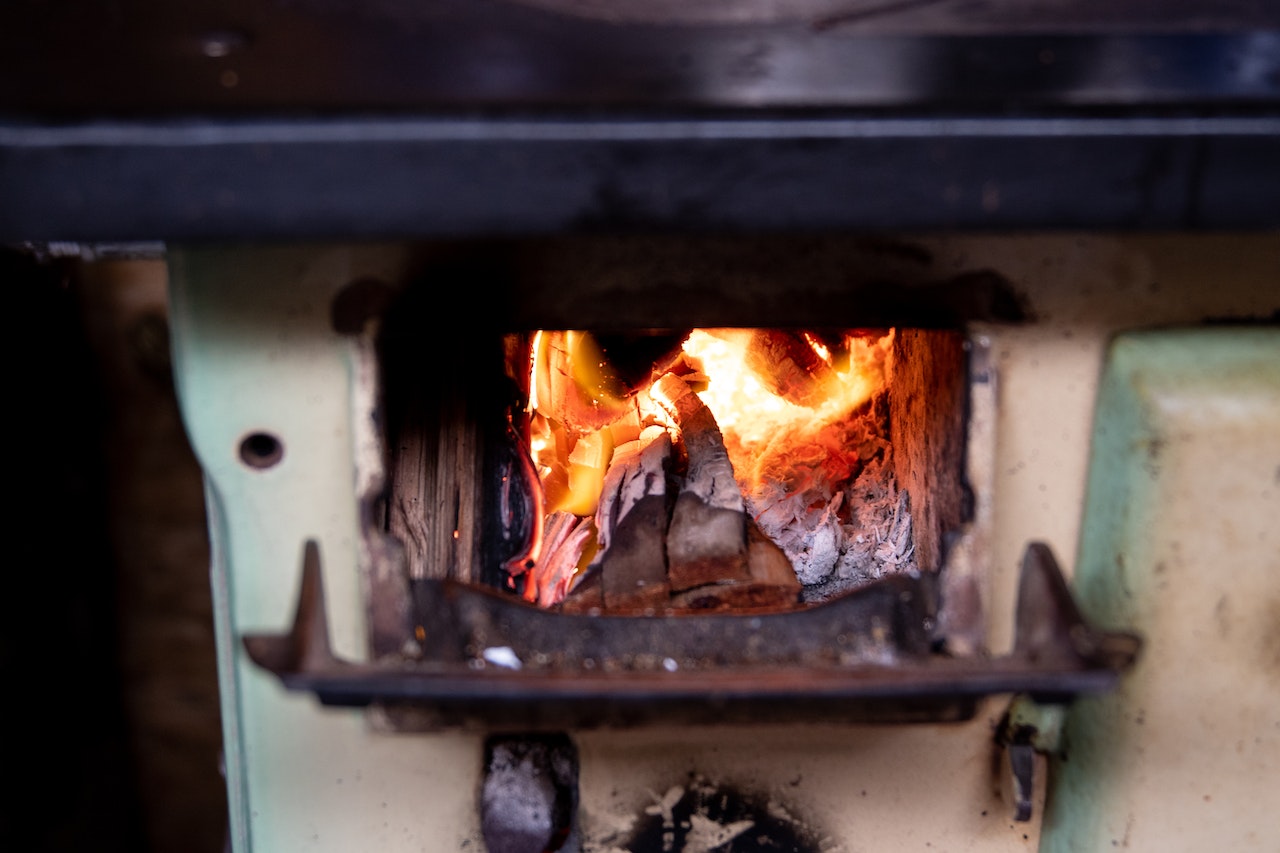The Environmental Impact Of Furnaces: How To Reduce Your Carbon Footprint

Furnaces, especially older models, can become less efficient over time, using more energy and thus increasing their environmental impact. Regular maintenance is key to keeping them running efficiently. This involves periodic check-ups from a professional who can ensure optimal performance, thus reducing unnecessary energy consumption.
In this vein, addressing issues promptly with gas furnace repairs can prevent larger problems while minimizing environmental harm. For instance, a furnace leaking even a small amount of natural gas not only wastes fuel but also directly contributes to greenhouse gas emissions.
Upgrade To Energy-Efficient Furnaces
When your furnace reaches the end of its life, consider replacing it with a high-efficiency model. Modern furnaces come with higher Annual Fuel Utilization Efficiency (AFUE) ratings, ensuring better energy use and lower emissions.
Models with an ENERGY STAR rating, for instance, not only meet but exceed federal requirements for energy efficiency, making them an excellent eco-friendly investment for long-term use.
Invest In Renewable Heating Technologies
Beyond just upgrading to a more efficient furnace, you might consider renewable heating options. Technologies such as solar-powered heating or geothermal systems offer significant reductions in your carbon footprint.
While the upfront investment can be substantial, the environmental break-even point comes much quicker, thanks to drastically reduced emissions and the minimal non-renewable resources they use.
Use Programmable Thermostats
Integrating a programmable thermostat in your home heating system allows for more precise control over energy use. By only heating your home when necessary (like lowering the temperature when you're asleep or away), you reduce energy waste.
Modern smart thermostats can even learn your schedule and preferences, adjusting the temperature automatically and offering potential savings on energy bills and a straightforward way to lower your household's carbon output.
Insulate Your Home Properly
A furnace's efficiency is partly determined by how well a home retains heat. Proper insulation in your walls, ceilings, and floors slows the escape of warm air during the colder months.
Additionally, sealing leaks around doors and windows can prevent drafts, ensuring that your furnace doesn't have to work overtime to maintain a comfortable living environment. The less heat lost, the less energy is consumed, leading to a reduced carbon footprint.
Support And Advocate For Green Energy Policies
On a larger scale, supporting policies and initiatives that promote green energy can contribute to reducing the collective carbon footprint. Community initiatives for renewable energy, subsidies for energy-efficient appliances, and even governmental policies for greener cities can dramatically decrease societal reliance on fossil fuels.
By voting, advocating, and supporting these initiatives, you're helping push society towards a more sustainable future.
Conclusion
Every step we take towards a more environmentally conscious lifestyle makes a difference, and there is no action too small in our collective fight against climate change. By understanding the impact of our home heating systems, we can make informed decisions that contribute to the broader goal of environmental conservation.
Whether it's keeping up with regular gas furnace repairs, investing in high-efficiency models, or advocating for systemic change, each strategy plays a crucial part in reducing our carbon footprints. Embracing these changes not only makes your home more eco-friendly but also supports the global shift towards a more sustainable and hopeful future.
Published 10/24/23